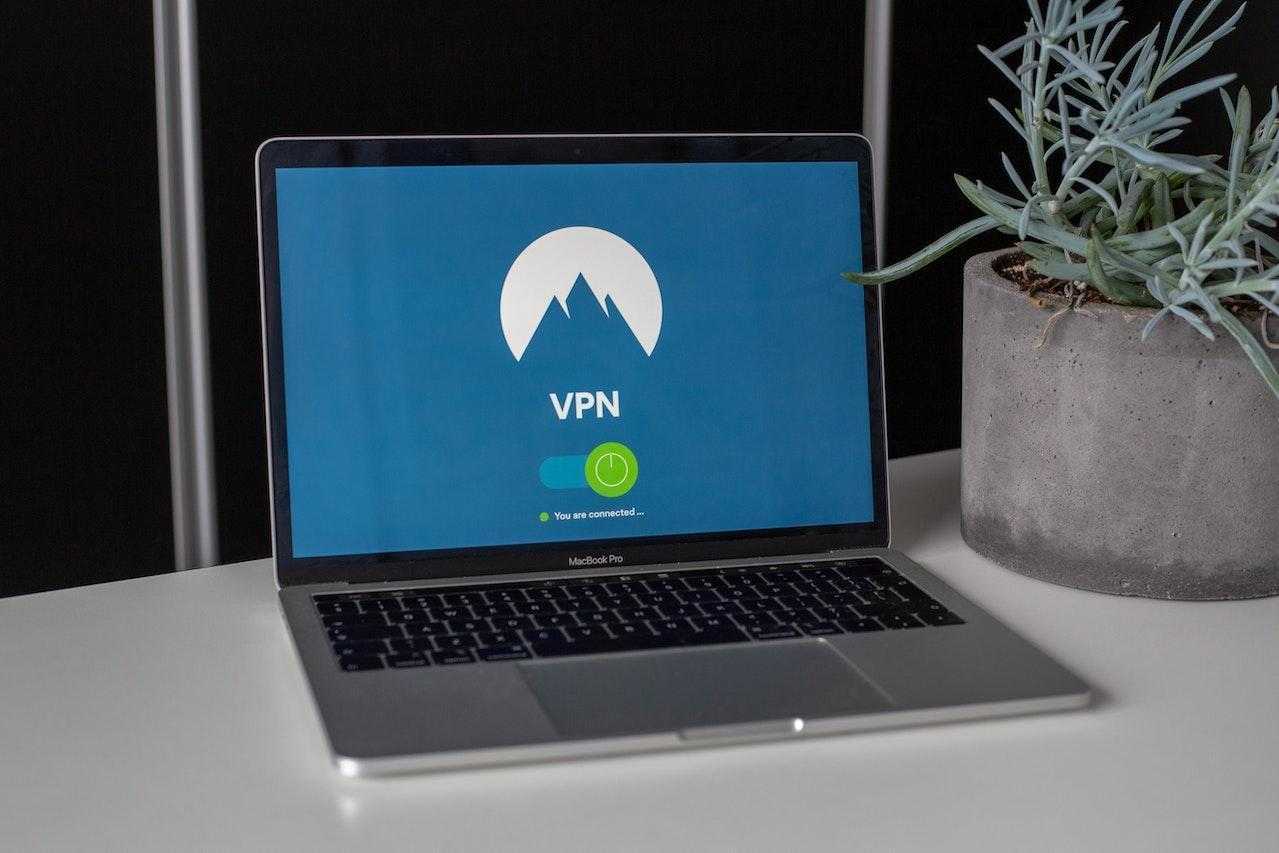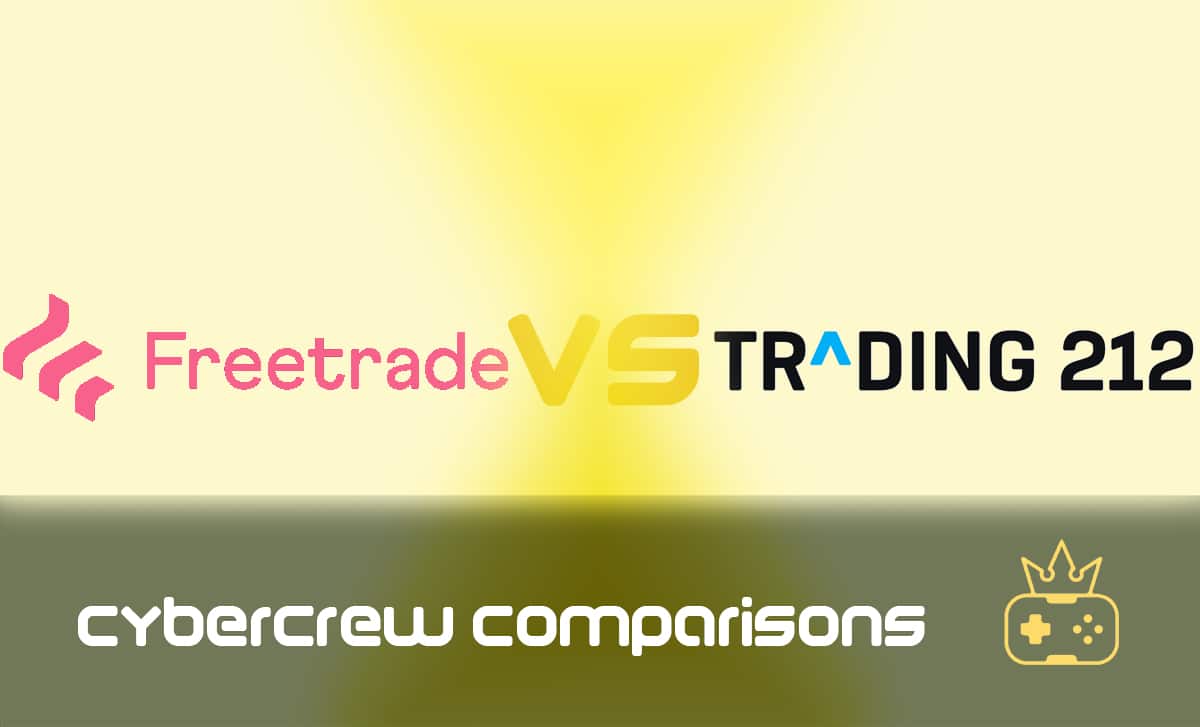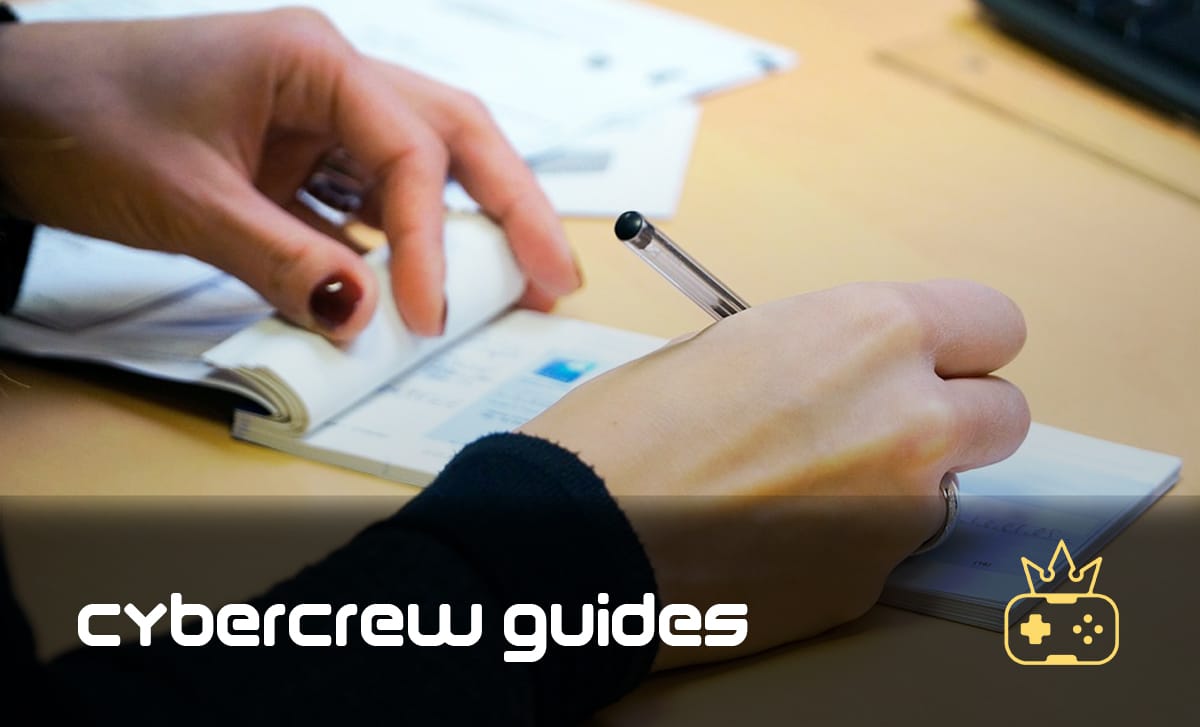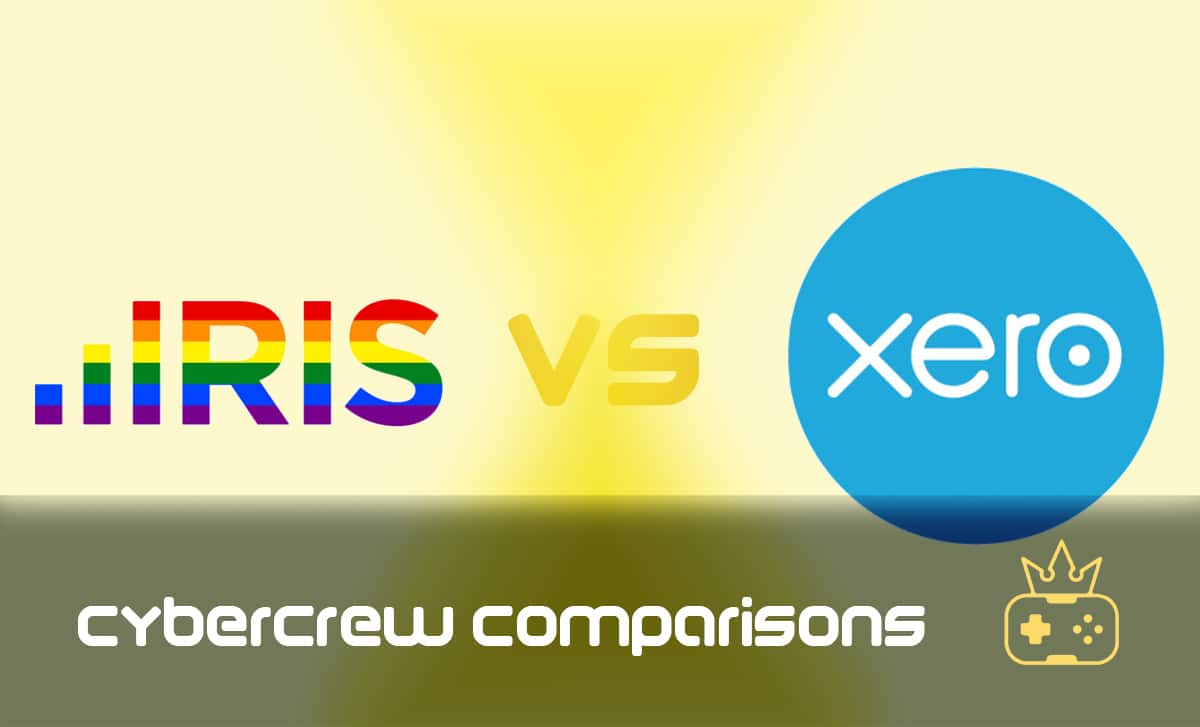What Is the Metaverse?
Last Updated: February 9, 2024
What is the metaverse? How will it impact our daily lives? Are there any risks we should be aware of before engaging with new technology? These are all valid questions we should seek answers to while considering this concept.
The metaverse is a virtual world separate from our current reality that will interact with our physical world. It will be powered by blockchain technology and allow us to have a more immersive social experience in a virtual environment. Even though the metaverse is still developing, many people are excited about its potential.
It is essential to understand the concept before deciding whether or not you want to be a part of it. So tag along to get a better grasp of the metaverse phenomenon.
Metaverse Origin
Neal Stephenson’s 1992 science fiction novel Snow Crash is often credited with popularising the metaverse concept. The novel takes place in a three-dimensional virtual world separate from reality.
In the novel, the 3D space appears as an urban environment created along a single hundred-metre-wide road. It is accessed through personal terminals and virtual reality goggles.
Stephenson wrote: “Like any place in Reality, the Street is subject to development. Developers can build their own small streets feeding off of the main one. They can build buildings, parks, signs, as well as things that do not exist in Reality, such as vast hovering overhead light shows, special neighbourhoods where the rules of three-dimensional spacetime are ignored, and free-combat zones where people can go to kill each other”.
If this sounds familiar, it’s because you’ve probably already witnessed it in one or more massively popular multiplayer online games. For example, in the game Second Life you create an avatar representing you in the virtual world. You can then explore, interact with other players, and create your own content.
While the idea of a metaverse may have been fictionalised in Snow Crash, the concept is not entirely far-fetched. The novel’s future vision has been compared to how the internet looks today. Many people believe that the metaverse is inevitable, given the current state of technology.
What Is the Metaverse?
The simplest way to think of the metaverse is a virtual world that mirrors and interacts with our physical world. It would be powered by blockchain technology and allow us to have a more immersive, interactive, and hyper-realistic virtual experience.
The metaverse would be a shared space we can all access through avatars. These avatars would be the digital representations of ourselves and allow us to interact with others in the metaverse. We would also be able to create our own content, including our own virtual worlds.
Mark Zuckerberg envisions a future where we can interact with each other in virtual reality, and he’s not the only one. Meta already allows some form of creating such worlds with Horizon. Horizon is a social VR platform that allows you to design and explore virtual worlds. In addition to navigable VR spaces, it has ready-to-use VR building components like code blocks, sounds, and animation effects to help content creators.
In a Facebook post from January, Zuckerberg said: “After building one of the largest networks in the world, we’ve focused on building new services that allow people to share photos, videos, messages, and more with their friends. Virtual reality is the next logical step, and we’re excited to be working on this technology. What’s most important right now is delivering immersive and affordable experiences for everyone.”
What Will Power the Metaverse?
To make the metaverse more lifelike, businesses are employing cutting-edge technologies such as blockchain, augmented reality (AR), virtual reality (VR), 3D reconstruction, artificial intelligence (AI), and the Internet of Things (IoT).
Here’s a brief overview of what each of these technologies does and why they are essential for creating the metaverse:
- Blockchain — a decentralised, distributed ledger that records transactions in a secure and verifiable way. In addition to being decentralised, the metaverse will also be open-source, which means that anyone will be able to contribute to its development. Cryptocurrencies will enable users to transfer value while working and socialising in the 3D digital world.
- Augmented reality — a technology that overlays digital information on top of the physical world in the form of text, images, or video.
- Virtual reality — a completely immersive experience in which you are transported to a different world made possible by headsets that block out the real world and replace it with a computer-generated one.
- 3D reconstruction — the process of creating a three-dimensional model from data captured by sensors in the form of photos, videos, and laser scans.
- Artificial Intelligence — intelligence demonstrated by machines, as opposed to the natural intelligence displayed by humans. In the metaverse, AI can be used to create realistic avatars, facilitate lifelike conversations with users or perform other specific tasks.
- The Internet of Things — a network of physical devices, vehicles, home appliances, and other items embedded with electronics, software, sensors, and other technologies that allow these objects to collect and exchange data.
The Metaverse and Our Lives
A groundbreaking technology such as the metaverse is bound to change everyday life as we all know it. But what exactly will these changes be, and which areas of our life will they affect most?
Social Life
Social life as we know it will change drastically with all the options metaverse offers. According to Mark Zuckerberg, we will be able to hang out with our friends and family in virtual spaces with just a tap of a button, no matter where we are located.
Say your friend is at a concert on the other side of the planet. Metaverse will allow you to virtually “catapult” yourself next to them in a matter of seconds.
You and your friends could attend parties happening in 3D virtual worlds while each of you sits at home in a comfy pyjama set. This way you can socialise with people from all around the globe that you would otherwise never meet.
Long-distance relationships and friendships won’t feel so emotionally draining anymore since the metaverse will allow people to connect on a deeper level. The physical distance and time barriers will no longer exist, so we will be able to form closer relationships and maintain the ones we already have with those dear to us who live far away.
Education
The metaverse will revolutionise the way we learn. It will also make education more accessible to people who cannot physically attend school due to illness, disability, or location.
Students will be able to attend classes in a virtual environment and have face-to-face interactions with their teachers and classmates worldwide. What’s more, classes will be able to take field trips to any place on the planet without ever having to leave the comfort of their home. Imagine being able to visit the pyramids of Giza or the Great Wall of China without leaving your home.
Metaverse could also facilitate playing out historical events in a virtual world. Think about how much easier it would be for students to understand something they got to experience visually.
Work
As remote work is slowly becoming the new normal, with the help of the metaverse, we will be able to enjoy all the benefits of working in an office without having to be at one.
You’ll be able to create a virtual home office, collaborate with your co-workers in your virtual company, and attend virtual meetings and conferences. This would save businesses a lot of time and money as they wouldn’t have to worry about the logistics of getting everyone in the same room. The environment will also see a significant gain from remote work, as people won’t spend as much gas travelling to and from work.
Something that can potentially incentivize people to work in the metaverse is crypto. As more companies take their offices online for remote working, we see more metaverse-related jobs being offered. With the rise of the metaverse, a whole new economy will emerge.
Shopping
The average customer will enjoy the new retail experience provided by the metaverse. The metaverse has the potential to completely change the way we shop by allowing us to virtually try on clothes, test out makeup, and experience products before purchasing them.
You’ll be able to see how different pieces of furniture would look in your house before making a buying decision.
The metaverse will provide a more interactive and personalised shopping experience, making it hard for people to resist buying things they don’t need. This would lead to cutting down on the amount of waste produced by people returning items they’ve bought online.
Gaming
Virtual reality (VR) has long been a popular target for online gaming. Even 2D immersive games like Minecraft and Second Life include features of the still-in-development metaverse, such as 3D avatars, world creation, and observation as gameplay.
According to a recent poll, 59% of industry experts predict that gaming will dominate VR investments for several years, while 64% believe that gaming has the greatest potential to profit from VR.
The metaverse, which is still in its early phases, has attracted significant investments from gaming companies, tech giants, and venture capitalists alike. There’s no doubt that the metaverse is the future of video game entertainment.
To access a metaverse game, you would need:
- A stable internet connection
- A virtual reality headset
- A PC or Mobile Device
- A blockchain wallet (for blockchain-based metaverse games)
Some of the best metaverse games you can play right now are Fortnite, Roblox, The Sandbox, and Decentraland.
Fortnite is a battle royale game where players compete to be the last one standing. However, in the last few years, Fortnite has slowly transformed into a game that can not only be played but also experienced. Virtual concerts featuring stars like Travis Scott, Marshmallow, and Ariana Grande are only a few of the events where players use their drop-in characters to interact with other players and take part in events.
Roblox is a user-generated content platform with millions of games you can play with your friends. Roblox doesn’t require a VR headset at all. The popularity of this gaming platform has recently skyrocketed, and it remains a popular location for millions to immerse themselves in their second life.
The Sandbox is a metaverse game based on the Ethereum blockchain that quickly garnered a large following. The Sandbox allows players to create and monetize their own virtual reality experiences, also offering its players a plot of virtual property represented as NFTs.
Decentraland is a blockchain-based virtual world where you can own land, build, and play games. Gamers can choose from various pieces of real estate and buy them. Furthermore, they can sell their property or put it up for rent in exchange for crypto.
When Will the Metaverse Arrive?
The reality is, it may be many years before you can experience metaverse the way it’s described in this article. Despite Mark Zuckerberg’s keynote address at Connect, which promised that the metaverse was ‘nearly at the gates’, the situation is a bit more nuanced. Metaverse is already here, but not at its full capacity.
It is still in its early stages, but it is rapidly developing. Nowadays, we see glimpses of the metaverse in popular culture and the gaming industry.
Facebook’s metaverse is likely to be more sophisticated, approaching the seamlessness and intuitiveness of science fiction. However, by his own admission, Zuckerberg considers it possible that the metaverse might take several more years to construct.
In the next five years, we can anticipate a soft launch of sorts, as Zuckerberg aims to enrol a billion users on his metaverse platform by 2031.
Use of the Metaverse
The metaverse has also been described as ‘the internet on steroids’. Given its high-value projection, the metaverse is touted as a major player in growing the digital economy.
One of the most promising metaverse applications will be for marketing exploitation. The metaverse will unlock a whole new world of possibilities for marketers to reach their target audience.
Another crucial mention among use cases for the metaverse technology are advanced metaverse blockchain use cases. Blockchain is one of the foundational requirements for a decentralised metaverse. The metaverse blockchain’s possibilities might encourage the creation of more realistic and compelling NFT marketplaces and help them become more interactive.
Virtual tourism is another potential application for the metaverse. The immersive and realistic experiences the metaverse can provide could start a new era of tourism. For example, the current global pandemic has resulted in a significant decline in international travel. With the metaverse, people will be able to visit any destination they want without leaving the comfort of their homes.
The possibilities are endless, and the use of the metaverse will continue to evolve as the technology matures.
Privacy and Security in the Metaverse
With the advent of the metaverse, privacy and security concerns are bound to arise. After all, the metaverse is entirely new and uncharted territory.
Facebook, now known as Meta, has been at the centre of privacy scandals for quite some time now. The intentions of this firm which has paid billions of dollars in fines to US and European Union regulators in recent years for alleged data abuses have raised doubts among privacy advocates.
On the other hand, Meta claims it intends to prioritise security and privacy as it develops the new technology. Still, a substantial portion of metaverse plans will take around a decade to achieve.
One of the most significant privacy concerns is data collection. Given that data will power the metaverse, there is an enormous risk that personal information might be collected without the user’s knowledge or consent.
Another privacy concern is the use of virtual reality headsets and other tracking devices that will be able to track the user’s every move and even record their conversations. Eye movement and pupil dilation recorded by the VR devices can reveal users’ subconscious thinking or mental state. Such data is key for devices and software to know which imagery to project and where. You can see why this might be a problem for many of us.
As for security, one of the most significant concerns is the possibility of cyberattacks. Since the metaverse is all about data, the risk that hackers might target it to gain access to sensitive data is high.
Bradford Oberwager, executive chairman of Linden Lab, the company behind Second Life, said: “People may enter the metaverse to share experiences or assume identities they can’t in the real world, giving the companies behind the technology a unique window into users’ psyches”.
Privacy and security are very delicate matters in this age of rapid technological transformation. Recently, Google announced a data breach, confirming 27 exploits out of which eight were classified as posing a ‘high threat level’. Staying mindful and informed will keep you a step closer to being protected in the online world.
Wrap Up
The metaverse is a fascinating concept with the potential to change the way we live, work, and interact with others and the environment. However, as with any new technology, some privacy and security concerns are inevitable. Only time will tell how these issues will be resolved and give us a precise answer to the question “What is the metaverse?”.
We know for now that the metaverse will constantly evolve and expand. It is a living, breathing ecosystem that we can all contribute to.
What will your role in this ecosystem be?
FAQ
To some extent, the metaverse exists in video games such as Fortnite and Second Life. Glimpses of the metaverse can also be seen in Meta’s Horizon, which allows for virtual worlds to be created by users. However, the whole idea might take years to come to life, with many businesses and individuals currently working on it.
Virtual Reality (VR) is a computer technology that produces a virtual environment. The user experiences this virtual environment through sensory stimuli such as sounds and sights provided by the computer.
Virtual reality is made possible by headsets blocking the real world and replacing it with a computer-generated environment. VR headsets come with lenses that are used to focus and bend the image for each eye. They combine two 2D pictures to produce a 3D picture by angling them.
Some of the biggest and most influential companies working on the metaverse are Google, Meta, Microsoft, Epic Games, Binance, and Tencent.



![How to Sell on Depop in the UK [2024 Guide]](https://cybercrew.uk/wp-content/uploads/2023/06/Selling-on-Depop-UK.png)


![Free Appointment Scheduling Software — UK Top Picks [2024]](https://cybercrew.uk/wp-content/uploads/2022/07/Free-Appointment-Scheduling-Software.png)



